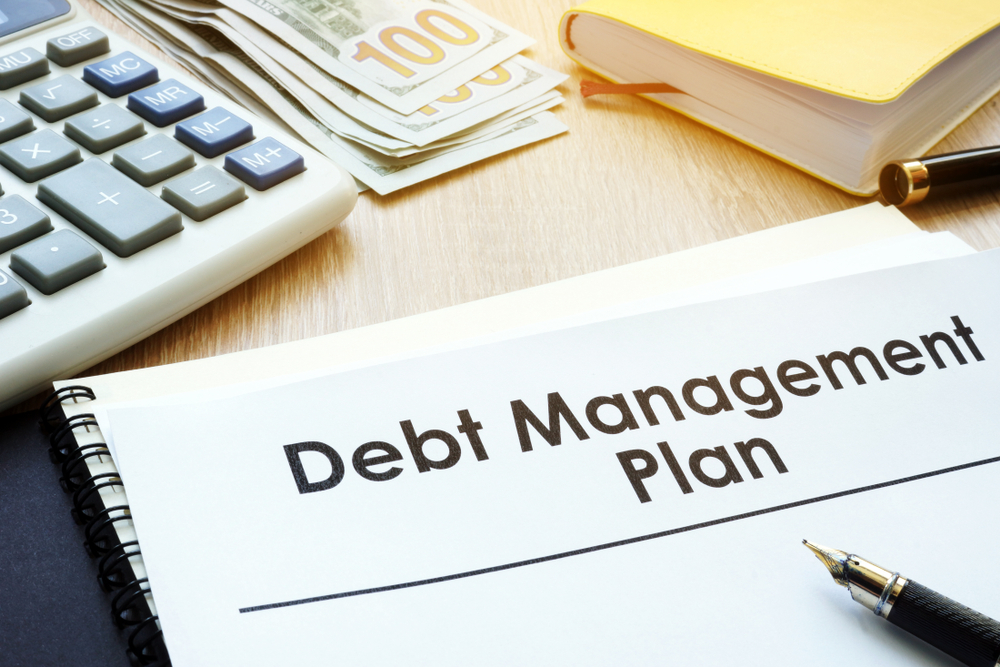Households up and down the country are facing a serious squeeze on their finances as inflation continues to spiral upwards. The main causes – soaring energy costs and food prices – are by now very well documented.
And as we head into the winter months, when central heating gets switched on and energy use goes up, things are only going to get worse. UK consumers are now bracing themselves for their energy bills to spike by another 80% come October.
One of the knock-on effects of the cost of living crisis is how it is making debts that were previously manageable unaffordable for many people. And that’s even before interest rates rise, which is also in the offing.
The simple fact is that if people are spending more and more of their income on bills, they have less available to pay off debts. And that’s when you run into potential problems with CCJs, poor credit ratings and, eventually, the threat of bankruptcy. Because if you can’t pay off debts, creditors won’t take long to chase you.
The best advice if you are struggling to make debt repayments is to act first. If you approach creditors to explain your circumstances, you will usually find they are prepared to help, most often in the form of altered payment terms.
Reduce your outgoings on debt
There are formal processes available to help you negotiate this. One is a Debt Management Plan. The simple aim of a Debt Management Plan is to make your debts more manageable by reducing the amount you have to pay off in each instalment. This will mean you end up making payments for a longer period of time. But if your finances are being squeezed, it’s preferable to defaulting.
Debt Management Plans are only available for unsecured debts like credit cards and personal loans – you can’t use one to reduce your mortgage repayments, for example. They don’t carry the same formal status as, say, an Individual Voluntary Arrangement (IVA) either, which legally freezes all interest on your debts and sets out a fixed repayment period from the start. Debt plans or not legally binding.
However, that does make Debt Management Plans easier to secure. With an IVA, 75% of all your creditors have to agree to it. But you can negotiate Debt Management Plans individually with your creditors. You can also do this yourself, or you can pay a fee to a debt advisory service to do it for you.
One benefit of going through a debt advisory service is that they can negotiate a plan that works for all your creditors, take a single monthly payment from you and distribute it accordingly, saving you a lot of work.
With a Debt Management Plan, you may be able to negotiate a freeze on the interest you owe, at least for a period of time at least. But it’s entirely at the discretion of your creditors. If they refuse, then reducing payments over a longer period of time will mean you end up paying more in total. But depending on your circumstances, that may be a necessary sacrifice.
For free and confidential advice on managing your debts as the cost of living crisis continues to bite, contact our personal finance team today.

